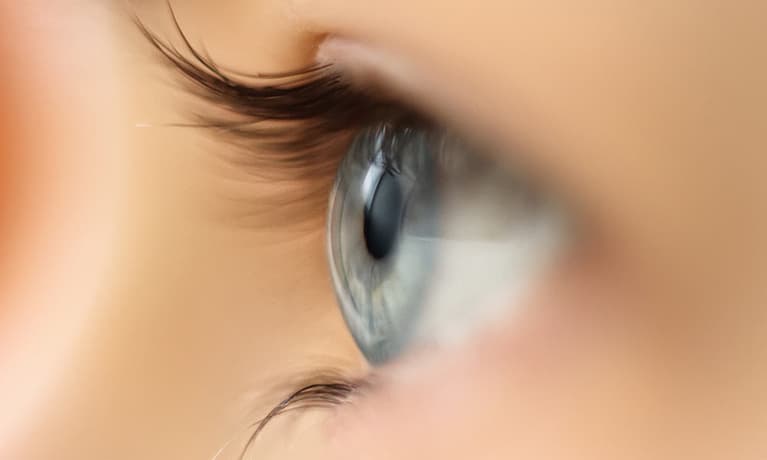Spring and Summer will be here before we know it and with the lovely weather comes travel and vacation plans. Sometimes life interferes and foils our itinerary. We can never predict when a medical condition might pop up and cause us to rethink travel plans. It is common for us to field questions regarding travel after eye surgery. The most important thing is to discuss your long distance travel plans with your doctor in advance. It is critical that you maintain the necessary follow up and post-operative visits following your eye procedure.
Cataract Surgery: Flying after cataract surgery is generally considered safe. However, it is very important to maintain your post-op visits as recommended by your doctor. Although rare, serious problems (like an infection) can develop within the first week of surgery and it is generally recommended to avoid travel so that you can access timely care in the rare event of an emergency. Talk to your doctor if you have specific travel questions.
Retinal Detachment Repair: Get the surgeon’s permission before flying. It is not uncommon for a gas bubble to be placed in the eye to help hold the retina in position. Flying before the gas bubble has cleared can be dangerous, as the gas bubble may expand with changes in cabin pressure during flight and result in significant eye damage. For similar reasons, it may not be advisable to travel to high altitude locations, even by car or train.
Glaucoma Surgery: With most types of glaucoma surgeries, such as trabeculoplasty or a tube shunt, it is considered safe to fly. However, frequent follow-up visits are often recommended in the first few weeks and we may not advise long distance travel to ensure you can access the care you need. It’s best to talk to your doctor about your travel plans regarding your specific procedure.
Corneal Transplant: Depending on the type of corneal transplant, it may be unsafe to fly immediately after your procedure. Some corneal transplants require a gas bubble to be placed in the eye, and thus altitude changes would be dangerous. It is best to talk to your doctor about your travel plans before undergoing a corneal transplant.
LASIK Surgery: In general, it is considered safe to fly following LASIK surgery. However, like with many surgeries mentioned above, your doctor may advise you to avoid long distance travel for a short period following your procedure should you need to access care in the rare event of a problem.
Intravitreal Injections: Like other surgeries mentioned above, flying following an intravitreal injection is not unsafe. However, it is best to avoid long distance travel for the first week to ensure you can access your doctor in the rare event of a complication or infection.
Laser Surgery: we generally consider flying following a laser procedure safe because of the relatively low risk of these procedures. However, circumstances may vary. Always confirm with your surgeon first.
What about other medical eye conditions? Can I still fly?
The answer in short is yes, in almost all cases. Eye conditions which prevent safe air travel are rare. However, if you have a recent onset of light flashes and/or new floaters, have your eyes examined prior to travel to rule out a retinal tear or detachment, especially if you are traveling to a remote location. Also, if you suffer from dry eyes, make sure you take some artificial tears along to keep your eyes comfortable during flight.
Enjoy your warm weather travels!










